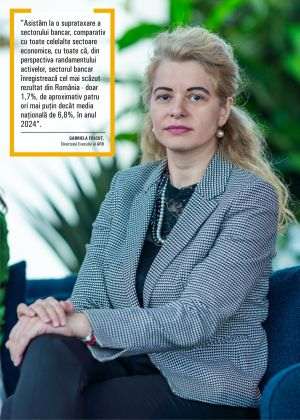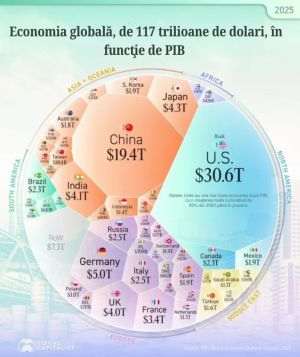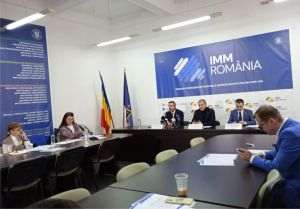Although citizens have been informed about the privately managed mandatory pension funds (Pillar II), they do not understand in fact how the entire system works, according to Shah Rouf, CEO of Aviva Asigurari de Viata (Aviva Life). "The Government has failed to keep its promise to increase the contribution to the mandatory private pension funds by 0.5 per cent this year in order to eventually reach 6 per cent of the participants" gross revenue in 2016 and the Romanian citizens have not protested," Shah Rouf told BURSA. "Unfortunately, this make me believe that the people do not understand that this failure is detrimental to them, but brings more money to the State," he added.
Shah Rouf is pleased with Aviva"s positioning on the Pillar II segment of the private pensions market: "We wanted to be one of the top three players by market share, but not at any cost. We concluded the campaign with over 300,000 customers and some of the lowest commissions paid to acquire them."
• Cost cuts leave investment plans unchanged
Aviva Asigurari de Viata CEO Shah Rouf further told BURSA that, despite the implementation of certain cost cuts designed to adapt the company"s finances to the new economic context, the investment plans had remained unaffected, given their importance for the company"s long-term future. Cost cuts included the renegotiation of existing contracts with all suppliers.
The most significant investment materialized in the implementation of a new system for managing life insurance policies. "We are a small business that needs to grow fast, so our priority is to acquire new customers and especially to retain the existing ones," Rouf explained.
He stated that the number of terminated contracts had increased by 10 per cent in the first nine months of the year compared to the corresponding period of 2008. The situation would have been much worse, if the company had not explained to the customers all the implications of such long-term contracts, considering that recessions are normally followed by growth in long-term cycles.
Allowing customers to temporarily stop paying their premiums is not a solution to their problems, in Rouf"s opinion, as experience has shown that people usually find it very difficult to resume payments even after their financial situation has improved.
Intensified retention efforts led to an approximately 10 per cent increase in the volume of subscribed gross premiums, Rouf added.
Additional measures taken by Aviva to respond to current market adversity included improved training plans for the employees, which eventually lead to notable month-to-month sales growth as of May. "This trend will continue and we expect it to be a significant factor in our operations in the second half of the year," Rouf said. He expects the insurance market to pick up in 2010, in line with the overall economy.
• Several months left to make investments, to enjoy near-future growth
"Now is the best time to invest," Shah Rouf said, explaining that a window of opportunity such as the current one would probably not come again for at least 15 years. "People have a tendency to invest only when the market is at the peak of its growth and then quickly exit their investments as soon as a crisis starts. This means that they buy high and sell low," Shah Rouf said. In his opinion, the second half of the year is the ideal time for financial planning, in order to capitalize on the results of economic growth.
Aviva improved operating profit over the first six months of the year, lowering losses to 6 million RON from 13 million RON in the first half of 2008. The company achieved a 10 per cent growth in the value of subscribed gross premiums to 51 million RON from the 46 million RON reported for the year-earlier period, whereas investments generated 10 million RON in earnings.






















































